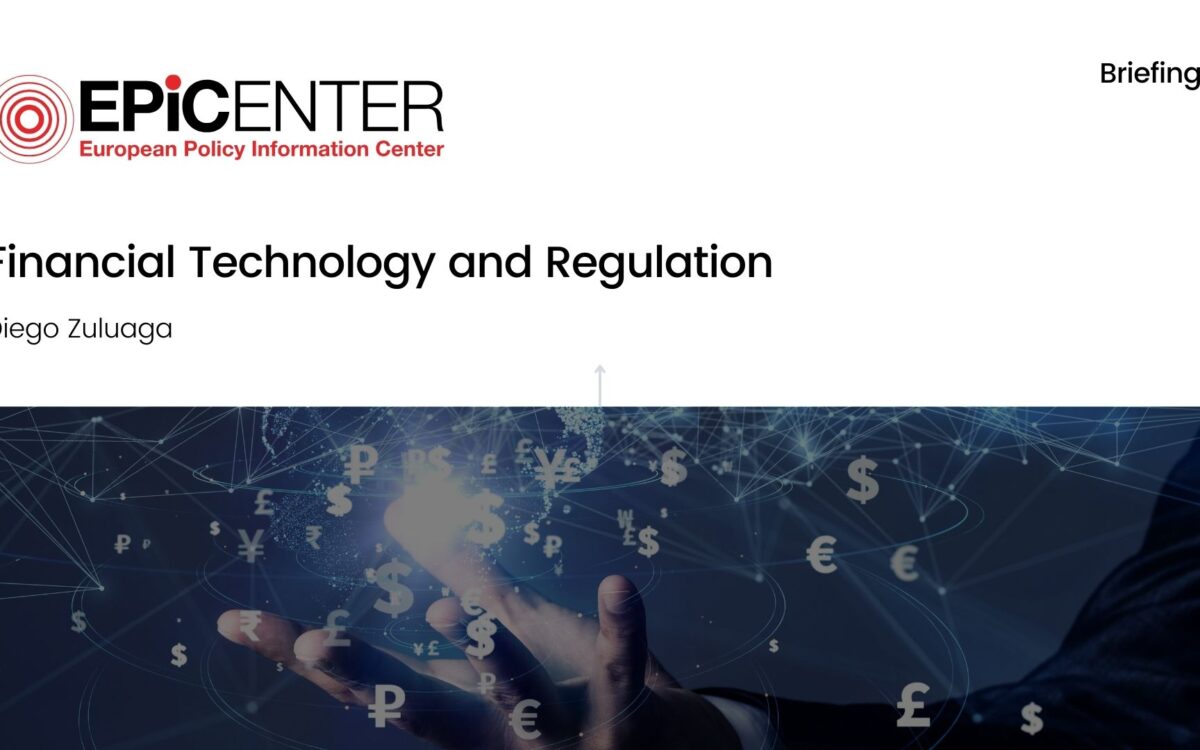January 29, 2018
The reselling of tickets for events has a long history, dating back at least to Roman times.
Such secondary markets in tickets are no different from other kinds of secondary market, and serve the same purpose: to correct flaws in the initial primary market.








